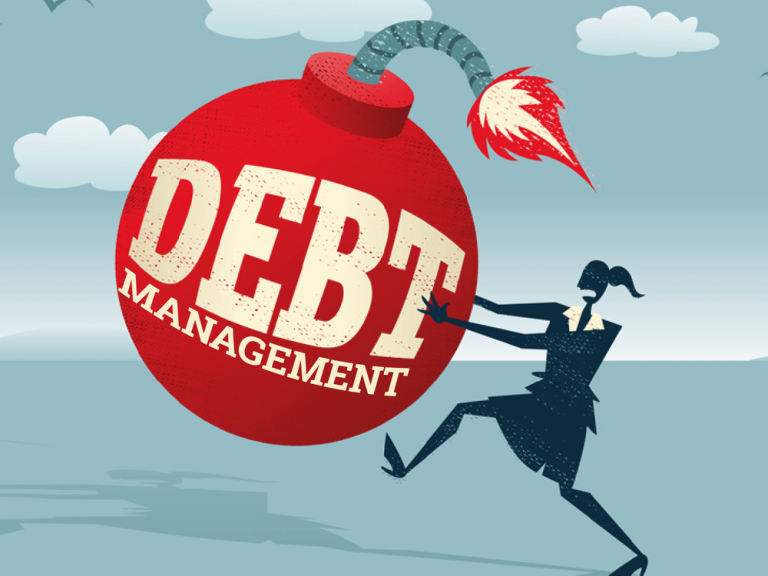In today’s dynamic economic landscape, many individuals are seeking alternative avenues for wealth accumulation. The concept of passive income, particularly through investing in rental properties, has gained significant traction among both seasoned investors and novices. For those contemplating this investment strategy, it’s crucial to understand the fundamentals, potential challenges, and rewarding benefits of investing in rental properties. This comprehensive guide will walk you through all the necessary aspects, empowering you to embark on a lucrative real estate journey.
Investing in Rental Properties: A Guide to Passive Income
In this visual representation, we delve into the various elements that constitute successful rental property investments. This infographic outlines key strategies and insights that can help transform your investment into a reliable source of passive income.
The Advantages of Investing in Rental Properties
The journey of becoming a landlord may appear daunting at first, but the numerous benefits of investing in rental properties can significantly outweigh the challenges. Here are a few compelling reasons:
- Steady Income Stream: One of the most appealing aspects of investing in rental properties is the potential for a consistent cash flow. Monthly rental payments can provide a significant financial cushion.
- Tax Benefits: Property owners can take advantage of various tax deductions. Expenses related to property management, maintenance, and depreciation can be deducted, reducing taxable income.
- Long-Term Appreciation: Real estate often appreciates over time, meaning your investment could be worth significantly more in the future. This increase in value can lead to substantial profits when the property is sold.
- Leverage: Investors can use financing to acquire properties, enabling them to control larger assets with a relatively small cash investment.
Investing in Rental Properties: A Guide to Passive Income Through Research
Success in renting properties begins well before the first tenant moves in. It’s essential to conduct thorough research to identify promising locations and types of properties that align with your investment goals.
Consider factors such as local market demand, economic indicators, vacancy rates, and neighborhood developments. Analyzing these aspects will equip you with the knowledge needed to make informed decisions. Tools like property management software or analytics platforms can serve as invaluable allies while navigating this landscape.
Understanding the Costs of Investing in Rental Properties
While the prospect of passive income is enticing, it is important to account for the various costs associated with rental property investment. Below are several key expenses that investors should anticipate:
- Purchase Price: This is the initial expense, and it often requires careful financial planning to ensure a sound investment.
- Financing Costs: If you choose to finance the property, mortgage payments, interest rates, and related fees must be factored into your budget.
- Maintenance and Repairs: Properties require ongoing maintenance to be habitable and appealing to tenants. Regular inspections and repairs are vital to sustaining property value.
- Property Management Fees: If you opt to hire property management services, monthly fees will apply, impacting your overall income.
Investing in Rental Properties: A Guide to Passive Income Management
Once your property is acquisition-ready, the management phase begins. Effective management is essential to ensure tenant satisfaction and retention, which directly impacts your income strategy. Here are some management best practices:
- Tenant Screening: Comprehensive background and credit checks can help you find reliable tenants, reducing the risk of late payments or vacancies.
- Clear Communication: Establish transparent communication channels with tenants to address concerns or maintenance requests promptly.
- Regular Inspections: Schedule routine inspections to ensure the property remains in good condition, safeguarding your investment.
Potential Challenges of Investing in Rental Properties
No investment is without risks, and understanding potential challenges can help you mitigate them effectively. Here are a few common issues that rental property investors may encounter:
- Market Fluctuations: Real estate markets can experience volatility based on economic conditions. It’s vital to stay informed about market trends to navigate such fluctuations.
- Legal Responsibilities: As a landlord, you are subject to various laws and regulations. Failing to comply can lead to fines and legal disputes.
- Property Damage: Tenants can occasionally cause damage to properties. Proper insurance coverage is essential to minimize financial loss.
Investing in Rental Properties: A Guide to Passive Income with a Sound Exit Strategy
Planning an exit strategy is just as important as formulating your approach to investing. Whether you aim to sell the property at a profit or transition to other investments, a well-defined exit plan is crucial. Here are a few strategies to consider:
- Selling the Property: When the real estate market is favorable, consider selling your property to maximize returns.
- Tax-Deferred Exchanges: Under certain conditions, you can reinvest the proceeds from a property sale into another property, deferring capital gains taxes through a 1031 exchange.
- Transitioning to a REIT: If managing properties becomes overwhelming, consider investing in Real Estate Investment Trusts (REITs) as a passive alternative.
Conclusion: Your Journey in Investing in Rental Properties
Investing in rental properties: A guide to passive income encompasses a range of strategies, insights, and practical considerations that will arm you with the tools for success in the real estate market. Whether you are looking for a secondary income source or aiming to build a robust financial future, rental properties offer an appealing path forward.
Always remember that due diligence is vital. By understanding the market, effectively managing your property, and being prepared for potential challenges, you can embark on an enriching journey towards financial independence through rental property investment.



